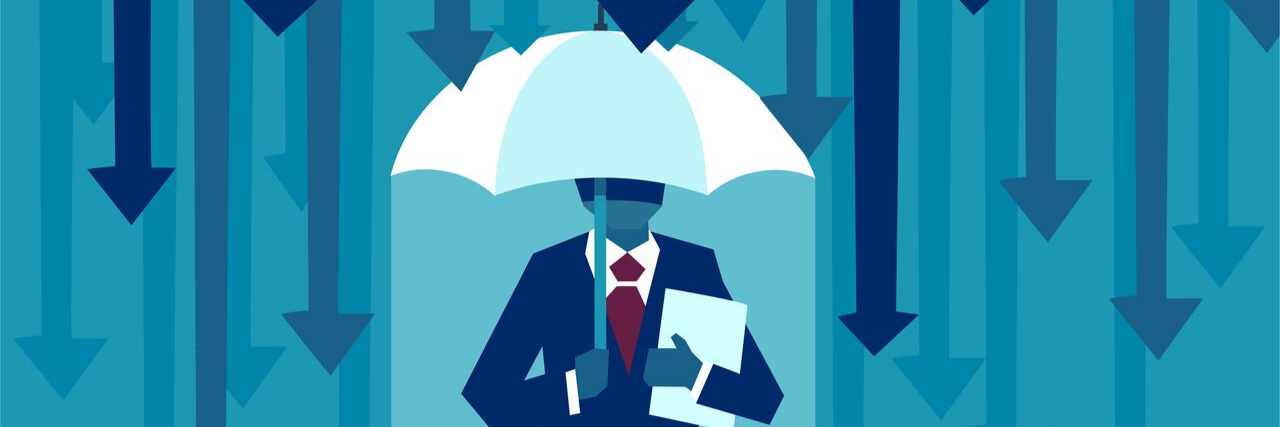10 Things People With Borderline Personality Disorder Fear More Than Anything
When you live with a health condition, it’s natural to have some fears that come along with it. For folks with borderline personality disorder (BPD), this can be especially true.
Fears like “Will my husband abandon me?” or “Do my friends actually like me, or do they just tolerate me?” can plague people with BPD to the point that it disrupts daily functioning. If this sounds familiar, you’re not alone.
To let people know they aren’t the only ones feeling this way, we turned to our Mighty BPD community. We asked them to share one fear they have because of their BPD. You can read what they shared below.
If BPD breeds perpetual fear in your life, there’s support available to you. To find a therapist in your area, we recommend this useful resource. If you are craving connection with people who really “get it,” we encourage you to post on The Mighty with the hashtag #BorderlinePersonalityDisorder.
Here are the fears our BPD community shared with us:
1. Fear of Abandonment
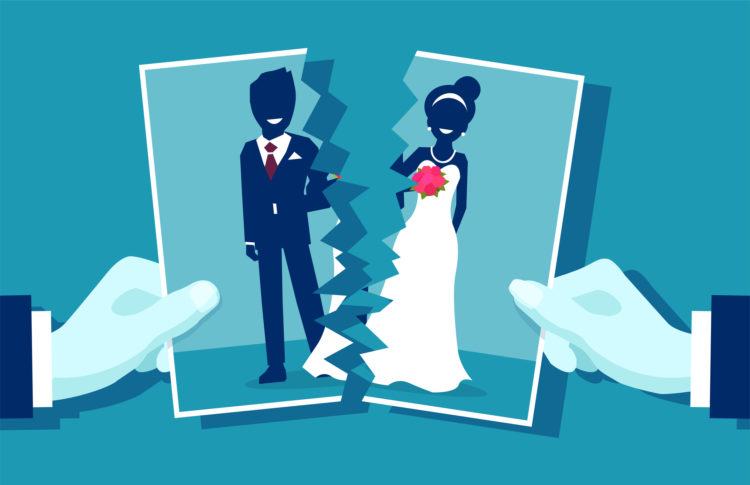
Fear of abandonment is one of the nine hallmark symptoms of BPD, so it makes sense this was one of the top fears people in our community deal with. It’s normal to fear being abandoned sometimes, but if it’s constantly affecting your relationships and quality of life, we recommend trying out the DBT skill, “check the facts.” Read more about this skill here.
“My fear of abandonment is so bad. I’d be so lost and desperate if I lost my husband or my kids. I don’t exactly combat it. At least anymore. I just do the best I can and hope it’s good enough for them.” — Annie B.
“I have what people like to call an ‘unreasonable’ fear of abandonment. I am constantly terrified that everyone I care about will eventually leave me. Even someone’s tone of voice changing can convince me they hate me and no longer want anything to do with me. I have to use the DBT skill, ‘check the facts’ a lot and try and find real evidence for things to ease my fears while also validating my feelings. It’s a big balancing act.” — Stephanie B.
2. Fear of ‘Never Getting Better’
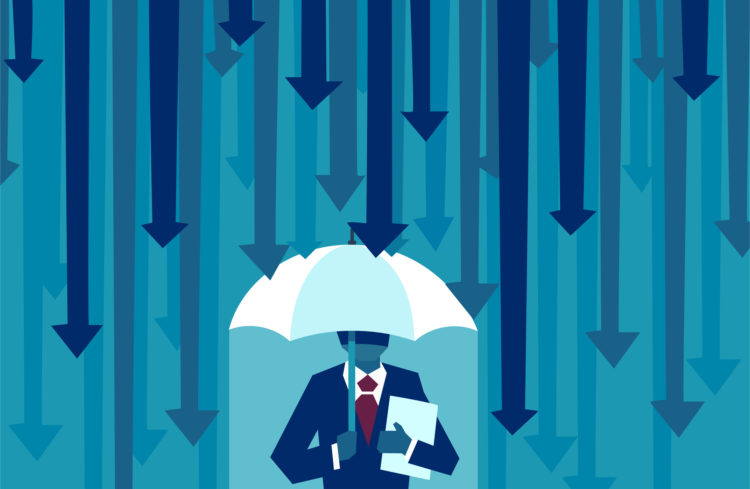
When you’re in the thick of struggling with BPD symptoms, it’s common to feel like you’ll never get better. But this couldn’t be further from the truth. Don’t just take our word for it, trust the experts! April Foreman, Ph.D., previously told The Mighty people with BPD do recover, and that with effective treatment, it’s extremely likely.
“I’m really really afraid of never getting better, but I combat this fear by telling myself I don’t have to get better… I just have to be better to myself.” — Jeim T.
“Fear that I will never be emotionally stable. I will always lash out, I will always push people away. I will never accept the love I deserve. I will always question everyone’s intentions.” — Stephanie N.
3. Fear of Continuing to Hurt Others

People with BPD often have “stormy” and unstable interpersonal relationships — largely due to the painful way BPD symptoms can express themselves. When you’ve had a string of bad relationship or friendship breakups due to your BPD, it can be easy to fear you are a “bad” person or will always hurt others. It’s important to remember you aren’t a bad person. You have a mental illness that needs to be managed, just like any other illness. When you have this thought, try to be gentle with yourself and remind yourself of this truth.
“I have a fear of myself and who I have the potential to become. I fear I’m the worst side of my symptoms and that I’ll constantly keep hurting people. I used to combat this with negative coping mechanisms. I turned to food, drink, risky sex and drugs. I’m now trying to turn that around and finding ways to write, reflect and appreciate the better side of me. I work out when I’m not ‘broken’ and I do puzzles to keep me grounded.” — Adam H.
4. Fear of Being Alone
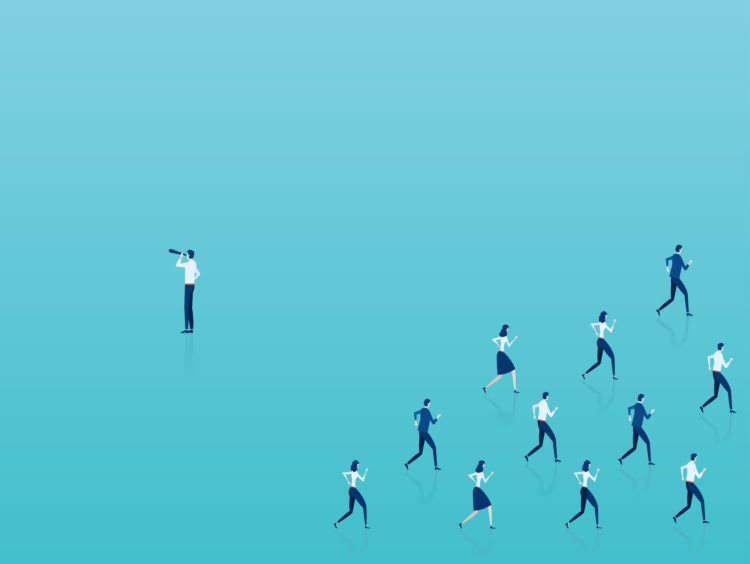
If you struggle with chronic feelings of loneliness, you’re not alone. If you feel alone in your symptoms, we encourage you to post a Thought or Question on The Mighty with the hashtag #CheckInWithMe. Our community wants to support you on your recovery journey.
“I fear I will be alone for the rest of my life, that no man will be able to see beyond my diagnosis and see the fun, loving, caring and loyal girlfriend I can be. This fear has grown enormously since I was diagnosed and chose to be open about it. My fear is a hindrance when I meet guys and fall for them, because I suddenly find myself insecure and shy around them, which I didn’t before. This is probably one of the reasons I’ve been single for 7 years…” — Natasja L.
“I fear I will push my husband away someday. My coping is just prayers for calmness in my head, heart and soul.” — Carrie S.
5. Fear of Losing Job
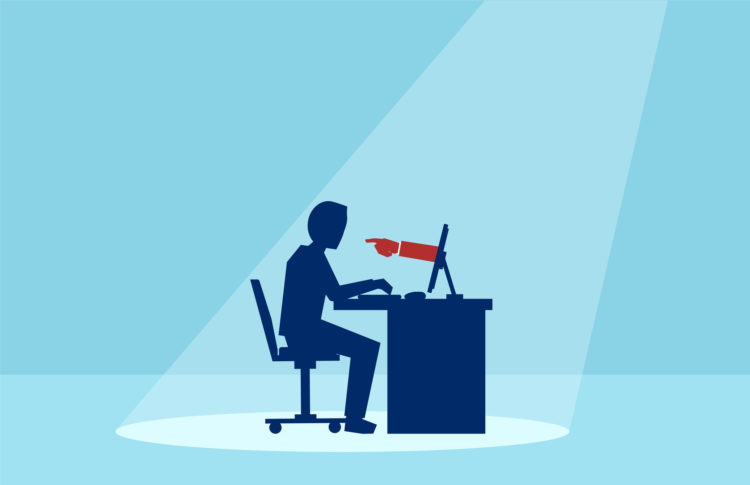
When you’re struggling with painful symptoms, it can affect your performance at work. If you experience this fear, you’re not alone. Folks with all kinds of health conditions can fear losing their job — not just folks with BPD. If you have a good relationship with your manager or HR representative, try talking to them about accommodations. Don’t be afraid to reach out for help from loved ones too, they may be able to provide you the support you need to keep going.
“[I fear] I will lose my job because some days it’s so hard to get up and go to work. Then if I don’t go, I get angry at myself and hate myself for not being able to go in. It’s a vicious cycle some days.” — Christine R.
6. Fear of Kids Getting BPD
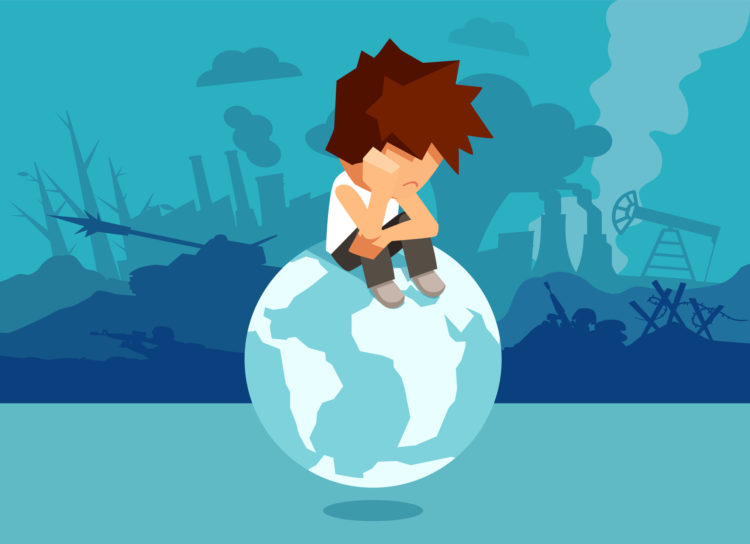
Parenting can be difficult, especially if you live with a mental illness. If you’re worried your BPD symptoms are affecting your children negatively, seek professional support. There is no shame in asking for help. One of the greatest gifts you can give your children is focusing on your own recovery so you are able to show up for them in the ways they need.
“I’m scared to death I don’t provide a validating enough environment or that somehow my children are going to have BPD or be anything like me. That sick guilty feeling at the pit of my stomach when someone says, ‘Oh they’re just like you’ is awful.” — Sarah W.
7. Fear of Being Misunderstood
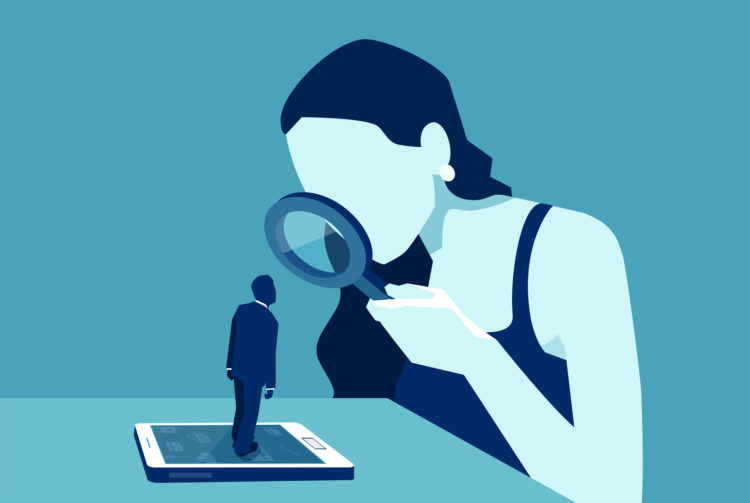
If you’ve ever felt misunderstood because of your BPD, you’re not alone. It can be hard to explain why symptoms manifest the way they do to people who just don’t “get” it. To connect with a community that really understands, post a Thought or Question on The Mighty with the hashtag #BorderlinePersonalityDisorder. This is a great way to connect with other BPD warriors who can empathize with you.
“I fear I’ll never be truly understood. I try to combat this fear by understanding that outside of myself, people suffer like me, and we all feel alone and this wave of emotions will pass.” — Alena N.
8. Fear of Judgment and Rejection
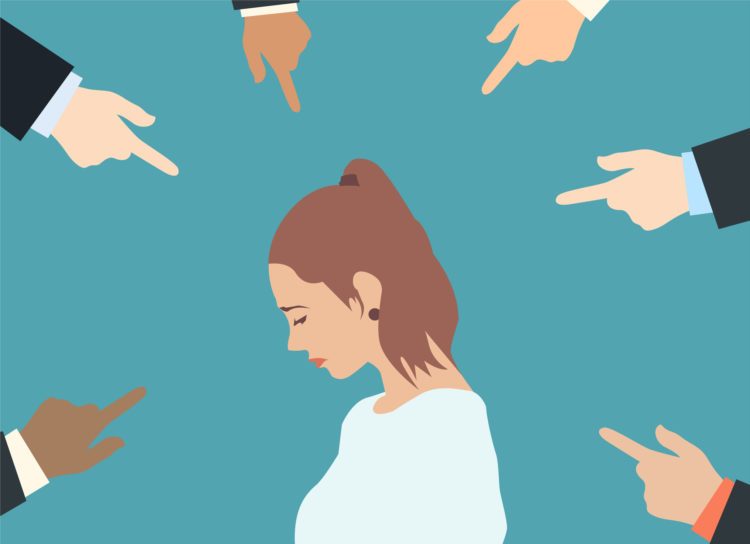
Because of BPD stigma, folks with BPD are often judged at higher rates than folks with other mental illnesses. Being in invalidating environments can be particularly triggering for people with BPD. If you feel emotionally unsafe in certain relationships, know that you absolutely don’t have to disclose your diagnosis. Share that information with people you trust, knowing you’ll be loved and accepted just the same.
“A big fear of judgment from everyone I come into contact with because of my diagnosis and the way I am. Rejection by therapists has played a part in this so I carry the stigma around with me and hide all my emotions, both good and bad ones.” — Steve B.
“I fear how new people may judge me based on lack of understanding and stigma attached to this diagnosis. It’s hard to confess that I struggle with BPD. I’ve seen this look on peoples faces when I have told them openly, hoping for acceptance but only being met with fear and judgment on the other person’s behalf. That is scary.” — Kari J.
9. Fear of Being Taken Advantage Of
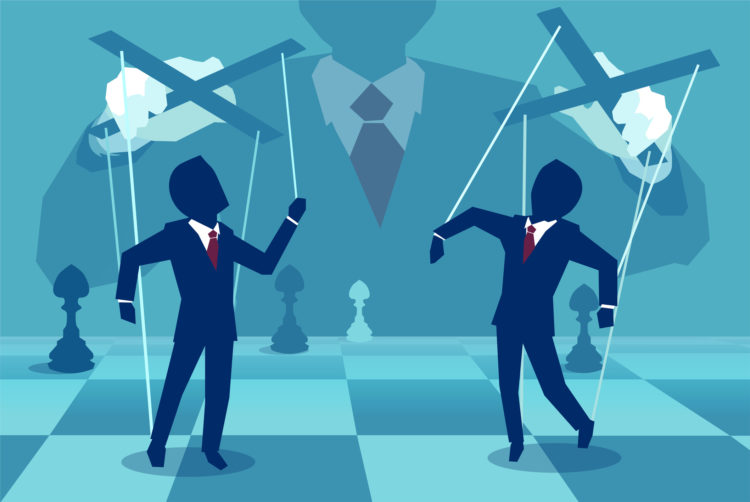
Many people with BPD had abusive or invalidating childhoods and often fear being taken advantage of. If you can relate, you’re not alone. While this fear may be rooted in past experiences where you were taken advantage of, try to view situations now as an adult with an open mind, reminding yourself that not everyone will hurt you. This doesn’t mean you should trust everyone. It’s important to be discerning about who you trust and give your love to. Trust is earned over time, and it’s OK to open up slowly.
“I fear being exploited.” — Joseph B.
10. Fear of Not Knowing Who You Are

Many folks with BPD have an unstable identity, meaning they struggle with things like not knowing what their interests and passions are without someone telling them, altering their appearance to “find” themselves or going along with others’ opinions because they aren’t sure what they actually believe. This symptom can make it easy to believe you will never know who you are, but deep down you do have a voice — you just have to find it and listen to it. Before asking for other people’s opinions on what to wear, think or do, observe your initial reactions, thoughts or feelings without judgment. Listening to your inner voice takes practice, but it’s totally possible.
“I fear I’ll never be able to find who I really am and that I’ll always be this person that my life has created for me. I fear I will never truly be able to move on from my past and terrible choices. Fear that I’m only tolerated and not truly liked. Fear that my emotions will drive away those I do love.” — Ivonne M.
If any of these fears sound familiar, you’re in good company. Having fears is part of being human. But if you find your fears and anxiety are taking over your thought life, reach out to a trusted loved one or mental health professional for support. And remember to always check the facts by asking yourself if your fear is true based on evidence or based on your feelings and perceptions. You might find your fears are primarily based on your feelings, in which case you can work to focus on things you know definitively. This is a great tool to keep in your arsenal of coping strategies.
Getty Images photos via Feodora Chiosea

